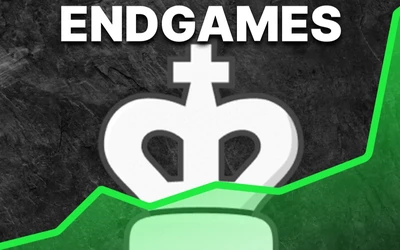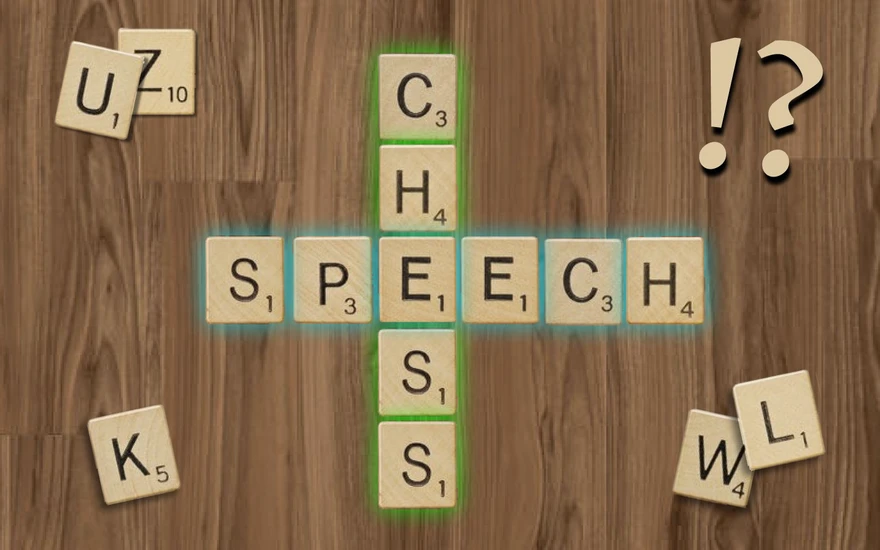
Chess as a Language: A New Approach to Mastering the Game
Many people approach the game of chess with the mindset of an athlete, seeing it primarily as a sport where rigorous training, competition, and physical stamina are key to improvement. This perspective emphasizes the need for discipline, practice, and strategic development akin to what one might expect from a marathon runner or a gymnast. However, I believe that chess can be more effectively understood and mastered as a language rather than a sport. Language learning and chess share several parallels that illuminate why this approach might be more beneficial, particularly for those seeking to deepen their understanding and proficiency in the game.Studying Chess Games: Immersion in Conversation
Just as the best way to learn a new language is by immersing oneself in environments where it is spoken, one of the most effective methods to improve at chess is by watching games played by experts. Observing how grandmasters navigate through complex positions is akin to listening to native speakers converse. This exposure helps learners internalize patterns, strategies, and the subtle nuances of high-level play. By regularly watching chess games, one can pick up on the 'accent' and 'idioms' of the game, enriching their own ability to think and play like the masters.
Tactics: Repeating Vocabulary
In language learning, mastering vocabulary is essential. It involves not only memorizing words but also understanding their usage in different contexts. Similarly, in chess, tactics are the building blocks of the game. They are the 'vocabulary' that players need to recognize and employ effectively. Repeatedly practicing tactics through puzzles and exercises helps to ingrain these critical elements into a player's mental lexicon. Just as a language learner practices vocabulary until it becomes second nature, a chess player must drill tactics to the point of automatic recognition and execution.
Positional Play: Understanding Grammar
Grammar provides the structural rules that govern how words can be combined to form meaningful sentences. In chess, positional play serves a similar role. It involves understanding how pieces work together harmoniously, the importance of pawn structures, and the strategic long-term goals that underpin the movement of pieces. Learning the 'grammar' of chess enables players to create coherent plans and strategies, much like how mastering grammar allows a person to construct meaningful and correct sentences in a language.
The Natural Aptitude of Children
Children have a remarkable ability to learn languages quickly and effectively, and this same aptitude extends to chess. Their minds are highly adaptable, and they absorb new information with an openness and curiosity that often diminishes with age. This is why many young players like Argentina's Faustino Oro have been able to grasp the game in such a short period of time. The immersive, repetitive, and structural learning that benefits language acquisition for kids also fosters rapid improvement in chess. Kids intuitively pick up on patterns, repeat tactical motifs, and grasp the positional principles that are foundational to strong play.
Wanna Become Better At Chess?
Join our discord to discuss chess with other enthusiasts and masters of the "language".
Conclusion
Viewing chess as a language rather than a sport can provide a refreshing and effective framework for improvement. By immersing oneself in the games of experts, repeatedly practicing tactics, and deeply understanding positional principles, players can develop a more nuanced and intuitive grasp of the game. Just as with language learning, this approach leverages the natural ways in which our brains absorb, process, and apply new information, leading to more profound and lasting mastery of chess.
More blog posts by Zig_Zag_Zug_Zwang
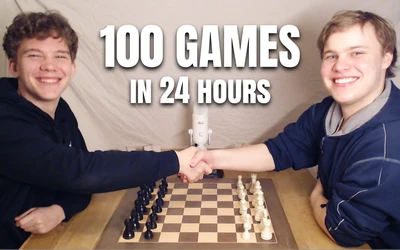
The 100 Game Marathon
I’m writing this about an hour and a half before the marathon starts, and honestly, I’m both excited…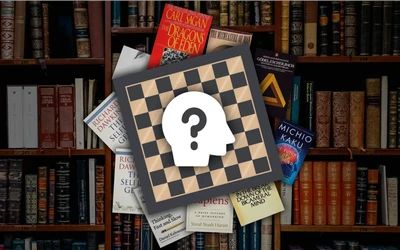
What Reading About Human Intelligence Has Taught Me About Chess
In the room where I often sit to study chess, there’s a sort of "mini-library" filled with my dad’s …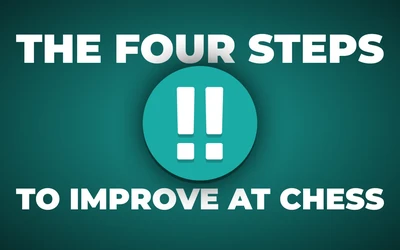
How To Improve At Chess In 4 Simple Steps
In this post I’ll talk about 4 simple steps to improve at chess. To complement it, I’ve also decided…